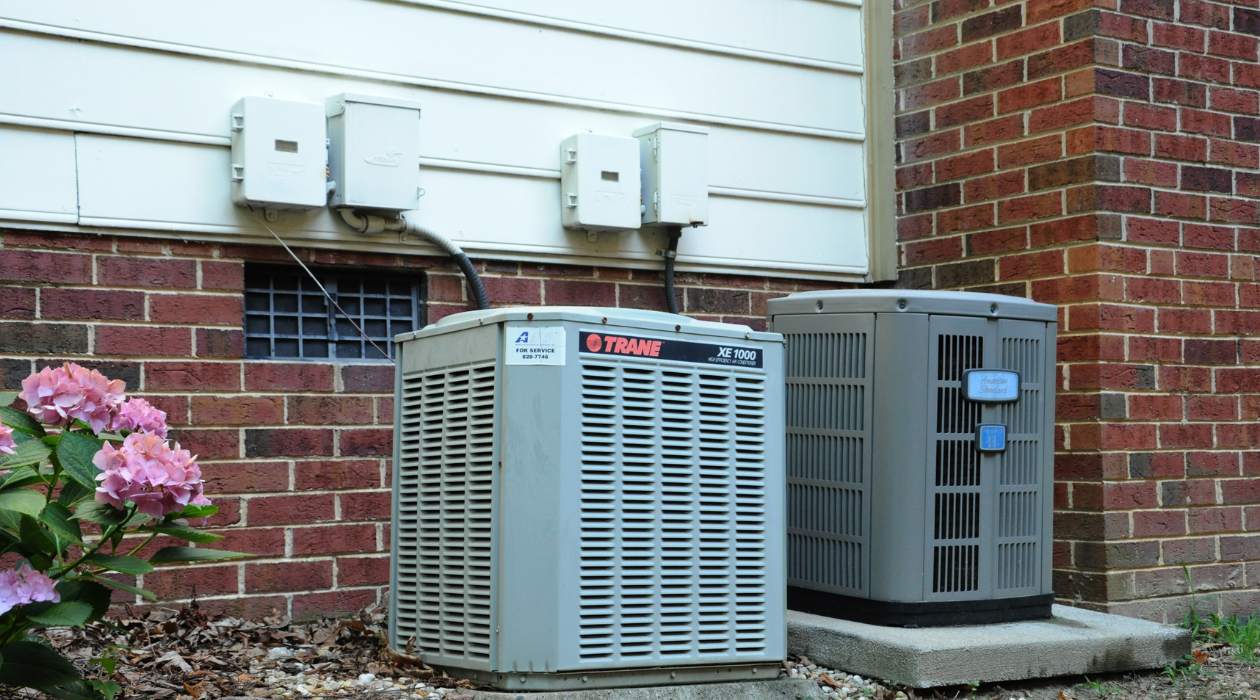

Articles
How Do I Stop My HVAC From Sweating
Modified: January 6, 2024
Learn how to prevent your HVAC system from sweating with these informative articles. Find solutions and tips to keep your home comfortable and moisture-free.
(Many of the links in this article redirect to a specific reviewed product. Your purchase of these products through affiliate links helps to generate commission for Storables.com, at no extra cost. Learn more)
Introduction
Welcome to this comprehensive guide on how to stop your HVAC system from sweating. If you’ve noticed moisture buildup on your HVAC unit or the surrounding areas, you’re not alone. HVAC sweating is a common issue that many homeowners face, and it can lead to various problems if not addressed promptly. In this article, we’ll explore the causes of HVAC sweating, the potential consequences, and most importantly, how to prevent it.
Understanding HVAC sweating is crucial in order to effectively tackle the issue. When your HVAC system is running, it works by drawing in warm air from your home, cooling it down, and then circulating it back into the living space. During this process, condensation forms on the various components of the HVAC system. While some condensation is normal, excessive sweating can indicate an underlying problem.
Key Takeaways:
- Prevent HVAC sweating by improving insulation, cleaning air filters, maintaining proper ventilation, and considering dehumidification options. Regular maintenance and addressing specific components are crucial for optimal HVAC performance.
- Addressing HVAC sweating prevents damage to the system, mold growth, and high indoor humidity. By understanding the causes and consequences, homeowners can take proactive measures to maintain a comfortable and efficient HVAC system.
Read more: How Do I Stop My Stacked Washer From Moving?
Causes of HVAC Sweating
There are several factors that can contribute to HVAC sweating. One of the most common causes is poor insulation. If your home is not adequately insulated, warm air can seep into the HVAC system, causing the components to cool down rapidly and leading to excess condensation. In addition, blocked or dirty air filters can restrict the airflow, causing the air to be colder than necessary and resulting in excessive sweating.
Poor ventilation can also be a contributing factor. If the HVAC system is not properly ventilated, the airflow can be restricted, leading to an increase in humidity levels. High humidity levels can cause condensation to form on the HVAC components, resulting in sweating.
Consequences of HVAC Sweating
If HVAC sweating is left unchecked, it can lead to a range of problems. Excess moisture can damage the HVAC system and its components over time, leading to costly repairs or even the need for replacement. The moisture can also create an ideal environment for mold and mildew growth, which can negatively impact indoor air quality and pose health risks for you and your family.
Furthermore, sweating HVAC units can contribute to the overall humidity levels in your home. High indoor humidity can make the living space uncomfortable, promote the growth of allergens, and even cause structural damage to your property.
Understanding HVAC Sweating
When it comes to HVAC sweating, it’s important to understand the underlying causes and the potential consequences it can have. By gaining insight into this issue, you’ll be better equipped to address and prevent HVAC sweating in your home.
Causes of HVAC Sweating
There are several factors that can contribute to HVAC sweating. Understanding these causes is essential to effectively tackle the problem.
Poor Insulation: Inadequate insulation in your home can allow warm air to infiltrate the HVAC system. As a result, the cooling process is hindered, causing the components to cool down rapidly and leading to excess condensation. It’s important to ensure that your home is properly insulated to prevent HVAC sweating.
Blocked or Dirty Air Filters: Air filters play a crucial role in maintaining the efficiency of your HVAC system. Over time, these filters can become clogged with dust, dirt, and debris, hindering the airflow. When the airflow is restricted, the air passing through the system can become colder than necessary, resulting in excessive sweating. Regularly inspecting and cleaning or replacing your air filters can help prevent this issue.
Poor Ventilation: Proper ventilation is essential for the efficient operation of your HVAC system. If the system is not adequately ventilated, the airflow can be restricted, leading to an increase in humidity levels. Higher humidity levels can cause condensation to form on the HVAC components, resulting in sweating. Ensuring adequate ventilation throughout your home can help combat HVAC sweating.
Read more: How Do I Stop My Alexa From Blinking Yellow
Consequences of HVAC Sweating
If HVAC sweating is left unaddressed, it can have several consequences that can impact your home and your health.
Damage to HVAC System: Excess moisture from sweating HVAC units can damage the system and its components over time. The moisture can lead to corrosion, rust, and electrical damage, requiring costly repairs or even the need for a complete system replacement. Regular maintenance and addressing HVAC sweating can help protect your system from damage.
Mold and Mildew Growth: The excess moisture caused by sweating HVAC units creates an ideal breeding ground for mold and mildew. These fungi can proliferate in damp and dark environments, compromising indoor air quality and potentially causing health issues such as allergies and respiratory problems. By addressing HVAC sweating, you can help prevent mold and mildew growth in your home.
High Indoor Humidity: Sweating HVAC units contribute to the overall humidity levels in your home. High indoor humidity can make the living space uncomfortable, promote the growth of allergens, and create a favorable environment for pests. Additionally, excessive humidity can lead to structural damage, such as warping of wood or peeling paint. Managing HVAC sweating can help maintain optimal indoor humidity levels.
Now that we understand the causes and consequences of HVAC sweating, let’s delve into the proactive measures you can take to prevent this issue from occurring in the first place.
Preventing HVAC Sweating
To prevent HVAC sweating and its associated problems, it’s important to take proactive measures. By implementing the following preventive steps, you can maintain a comfortable and efficient HVAC system in your home.
Improve Insulation
Poor insulation can allow warm air to infiltrate your HVAC system, leading to excessive condensation and sweating. To address this issue, make sure your home is properly insulated. Check for any gaps or leaks around windows, doors, and other areas where air might escape. Consider adding insulation in walls, ceilings, and floors to create a more energy-efficient and moisture-resistant envelope around your home. Better insulation will not only help prevent HVAC sweating but also improve overall energy efficiency.
Inspect and Clean Air Filters
Blocked or dirty air filters can hinder airflow in your HVAC system, causing the air to become colder than necessary and leading to excessive sweating. Regularly inspect your air filters and clean or replace them as needed. Ideally, air filters should be checked every one to three months, depending on the type of filter and the amount of dust or allergens in your home. Clean air filters not only improve the efficiency of your HVAC system but also help maintain adequate airflow and prevent HVAC sweating.
Maintain Proper Ventilation
Proper ventilation is essential for the efficient operation of your HVAC system and can help prevent excessive condensation. Ensure that your home has adequate ventilation in all areas, including kitchens, bathrooms, and utility rooms. Use exhaust fans in these areas to remove excess moisture. In addition, be mindful of blocking airflow around HVAC vents, as this can contribute to moisture buildup. By maintaining proper ventilation, you can improve air circulation and reduce the likelihood of HVAC sweating.
Consider Dehumidification Options
If you live in a particularly humid climate or if the humidity levels in your home are consistently high, consider using dehumidifiers to remove excess moisture from the air. Dehumidifiers work by extracting moisture and reducing humidity levels, which can help prevent HVAC sweating. Place dehumidifiers strategically in areas prone to high humidity, such as basements or laundry rooms, or consider a whole-house dehumidification system to tackle humidity throughout your entire home. By controlling humidity levels, you can mitigate the risk of HVAC sweating.
Schedule Regular HVAC Maintenance
Regular maintenance is crucial for the proper functioning of your HVAC system and can help identify and address potential issues before they lead to excessive sweating. Schedule annual or bi-annual HVAC maintenance with a qualified technician. During these routine inspections, the technician will clean and inspect various components, ensuring optimal performance and efficiency. Regular maintenance can also help identify any insulation or ventilation concerns that may contribute to HVAC sweating. By staying proactive with HVAC maintenance, you can prevent problems and extend the lifespan of your system.
Addressing Specific HVAC Components
In addition to the preventive measures mentioned earlier, addressing specific HVAC components can further help prevent HVAC sweating. By paying attention to key areas such as ductwork insulation, condensate drain lines, and evaporator coils, you can ensure the optimal functioning of your HVAC system and minimize the risk of excess condensation and sweating.
Read more: How Do I Know If My HVAC Needs Freon
Ductwork Insulation
Ductwork insulation plays a crucial role in preventing temperature fluctuations and minimizing condensation within the HVAC system. Insulated ductwork helps maintain the desired temperature of the conditioned air as it moves throughout your home, reducing the likelihood of HVAC sweating. Check the insulation of your ductwork and ensure that it is intact and properly sealed. If you notice any gaps or signs of damage, consider hiring a professional to repair or replace the ductwork insulation. Properly insulated ductwork not only helps prevent sweating but also improves energy efficiency by reducing heat transfer.
Condensate Drain Line Maintenance
The condensate drain line is responsible for removing the excess moisture that accumulates during the cooling process of your HVAC system. If the condensate drain line becomes clogged or blocked, it can lead to water backup and potential HVAC sweating. Regularly inspect the condensate drain line and ensure that it is clear of any obstructions. You can use a wet/dry vacuum or a pipe cleaner to remove any buildup of algae, mold, or debris. Additionally, consider installing a condensate drain line float switch, which can automatically shut off the HVAC system if the drain line becomes clogged, preventing any potential water damage and excessive sweating.
Evaporator Coil Cleaning
The evaporator coil is a major component of your HVAC system that plays a crucial role in cooling the air. Over time, the evaporator coil can accumulate dirt, dust, and debris, hindering its performance and potentially leading to excessive sweating. Regular cleaning of the evaporator coil is essential to maintain its efficiency and prevent condensation buildup. Consult your HVAC system’s manual for specific instructions on how to safely access and clean the evaporator coil. Consider scheduling professional maintenance to ensure a thorough cleaning and inspection of the coil, as well as other components of your HVAC system.
By addressing these specific HVAC components, you can further optimize the performance of your system and reduce the risk of HVAC sweating. Regular maintenance, inspections, and cleaning will help keep your HVAC system in top condition and minimize the potential for excess condensation and moisture buildup.
Conclusion
HVAC sweating can be a common and frustrating issue for homeowners, but by understanding the causes and consequences, as well as implementing preventive measures, you can effectively minimize and prevent this problem.
Improving insulation, inspecting and cleaning air filters, maintaining proper ventilation, considering dehumidification options, and scheduling regular HVAC maintenance are all important steps in preventing HVAC sweating. These preventive measures work together to maintain optimal airflow, temperature, and humidity levels within your home, reducing the risk of excess condensation and moisture buildup on your HVAC system.
Addressing specific HVAC components like ductwork insulation, condensate drain lines, and evaporator coils can further enhance the efficiency and performance of your system. Properly insulated ductwork, well-maintained condensate drain lines, and clean evaporator coils help to prevent HVAC sweating and minimize potential damage to your HVAC system.
By taking proactive steps and maintaining your HVAC system, you can not only prevent HVAC sweating but also improve energy efficiency, indoor air quality, and the overall comfort of your home. Regular maintenance, inspections, and cleaning are essential in identifying and addressing any issues before they escalate and cause extensive damage or discomfort.
Remember, if you’re unsure or uncomfortable performing any maintenance or repairs yourself, it’s always best to consult with a qualified HVAC professional. They can provide expert advice, perform necessary repairs, and ensure your HVAC system is functioning optimally.
By following these preventive measures and addressing specific components, you can enjoy a well-functioning HVAC system that operates efficiently, maintains optimal temperature and humidity levels, and minimizes the risk of HVAC sweating in your home.
Frequently Asked Questions about How Do I Stop My HVAC From Sweating
Was this page helpful?
At Storables.com, we guarantee accurate and reliable information. Our content, validated by Expert Board Contributors, is crafted following stringent Editorial Policies. We're committed to providing you with well-researched, expert-backed insights for all your informational needs.

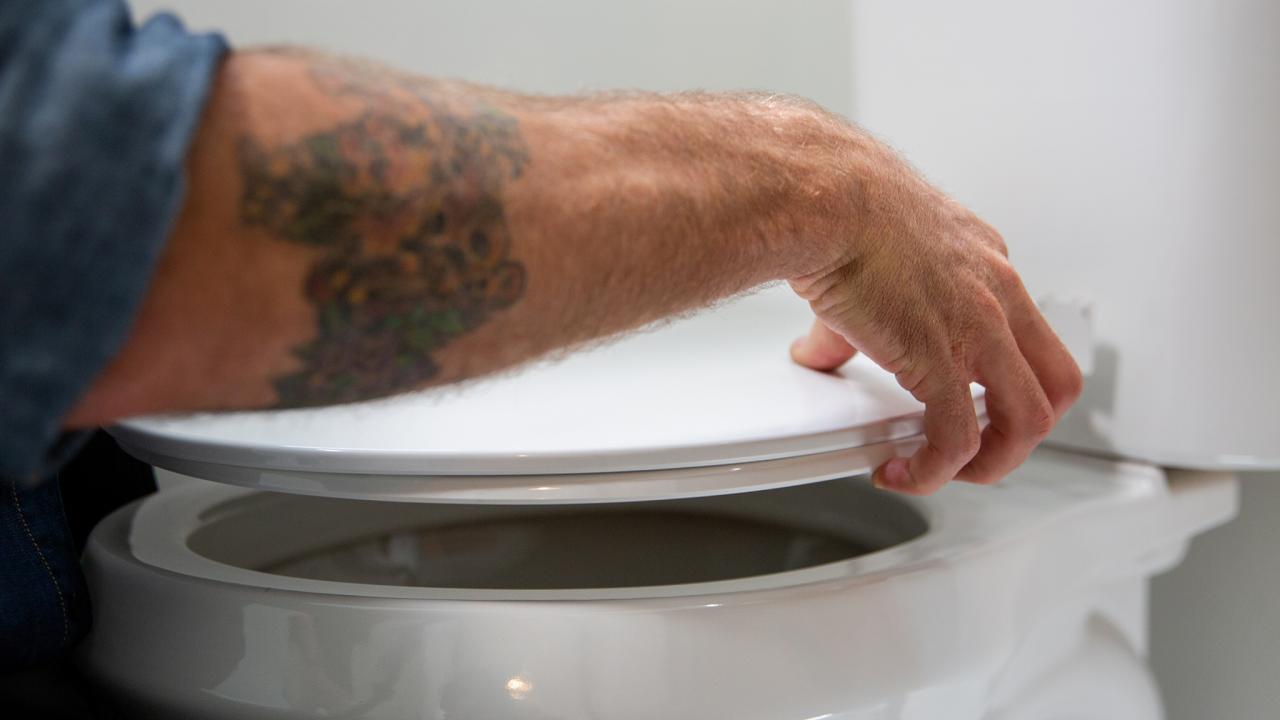
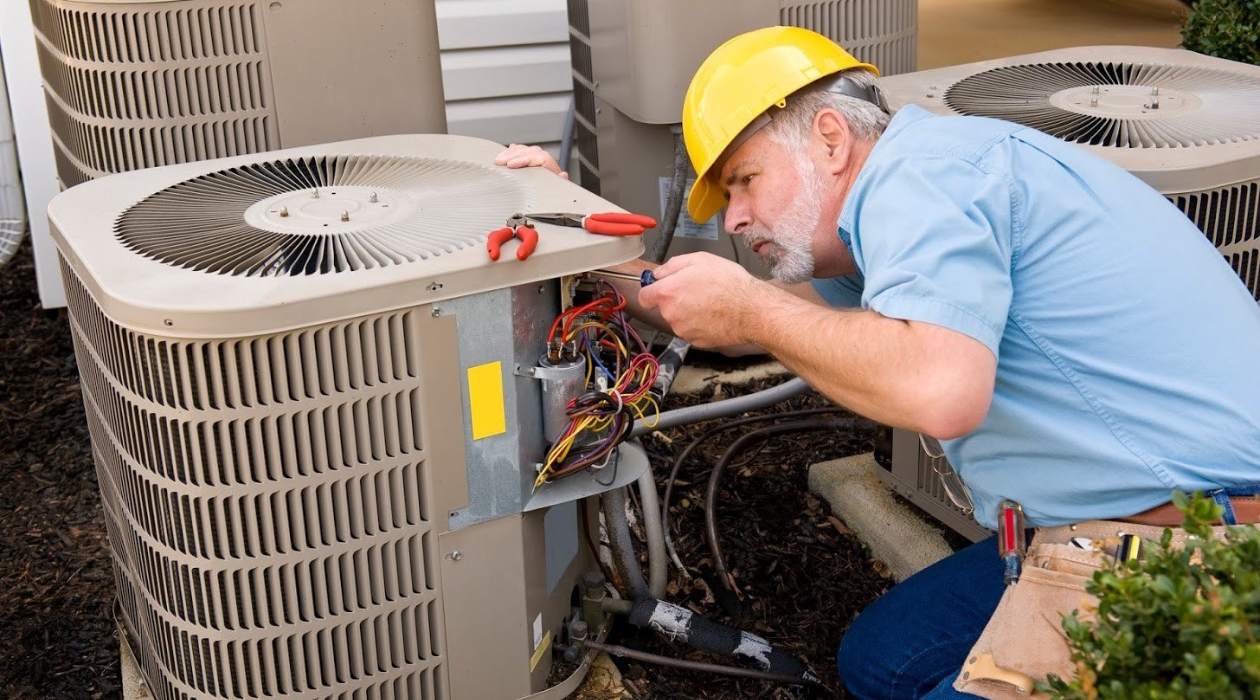
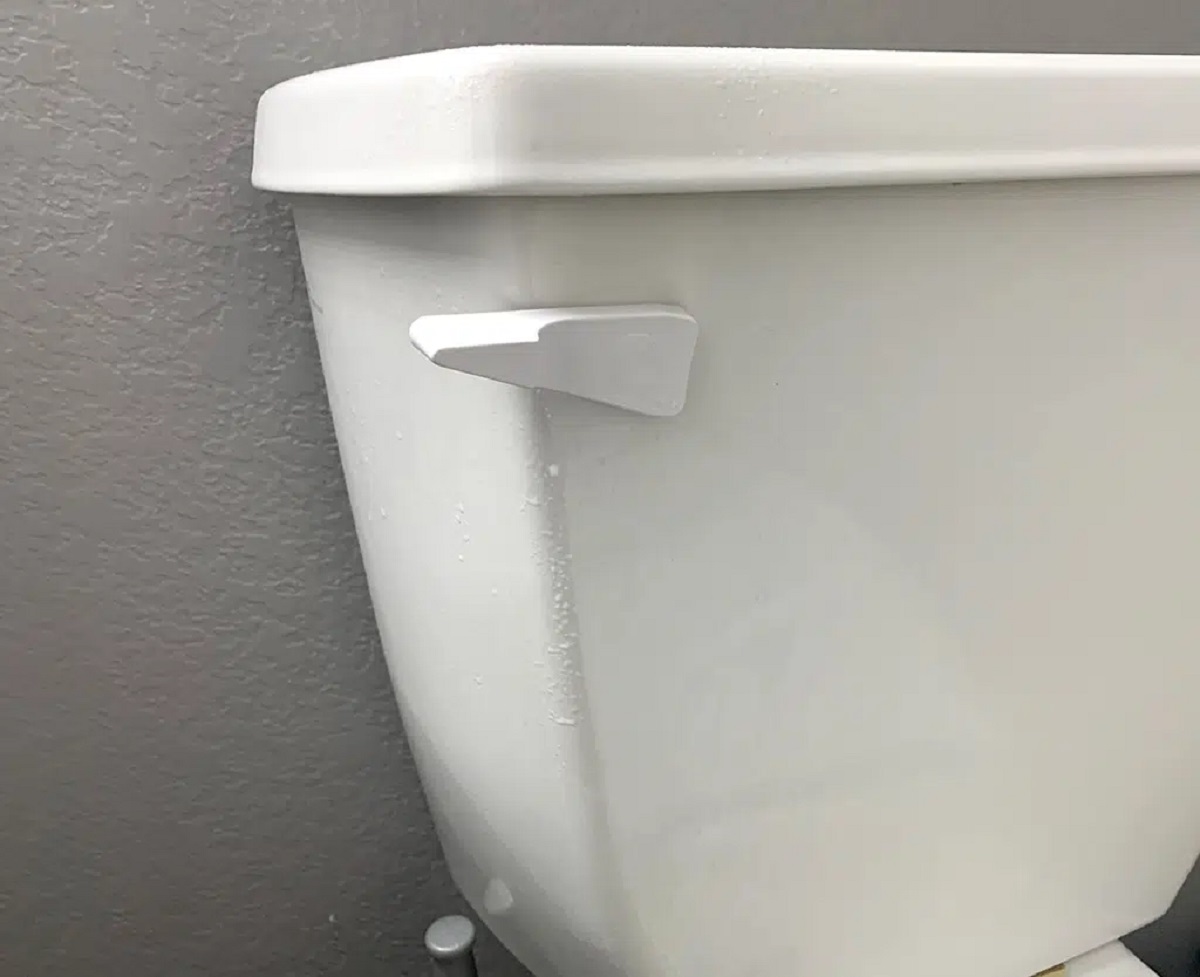
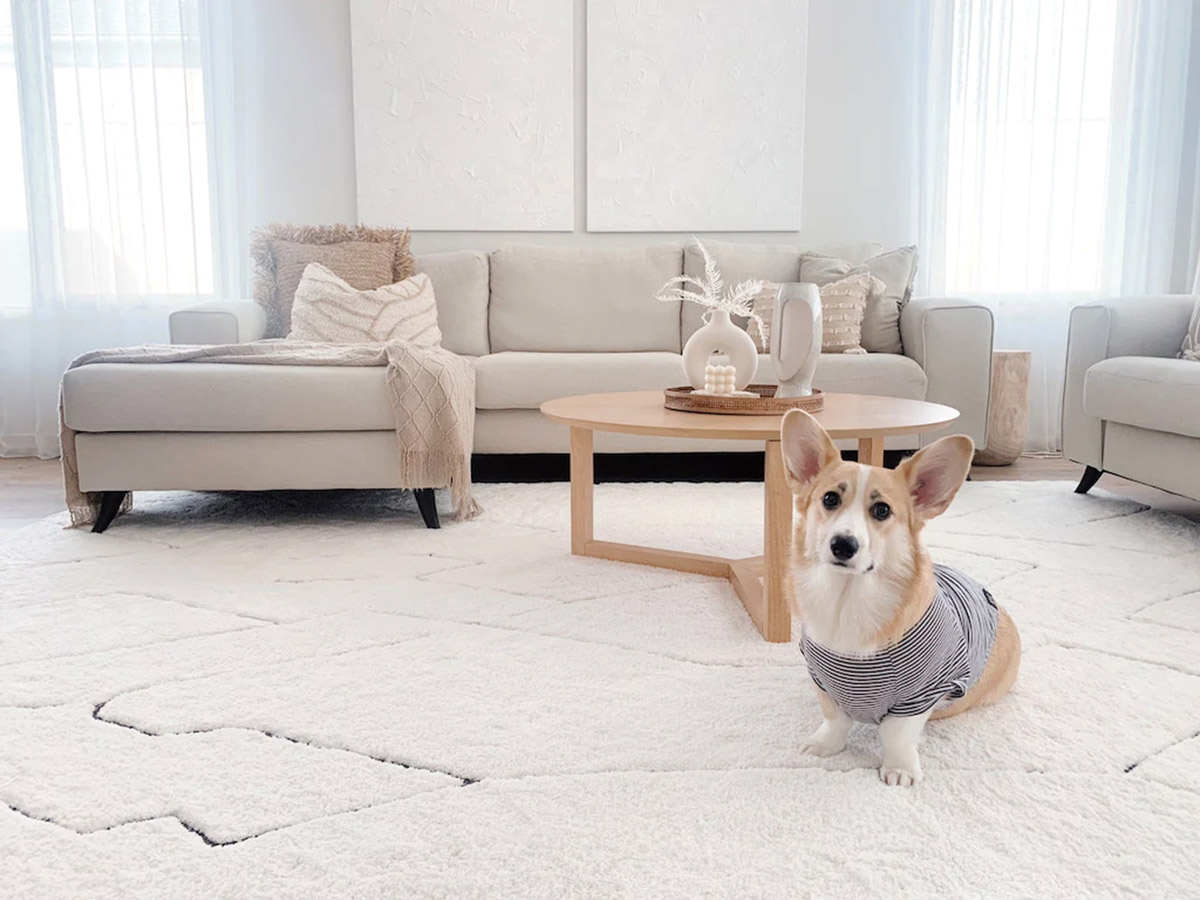
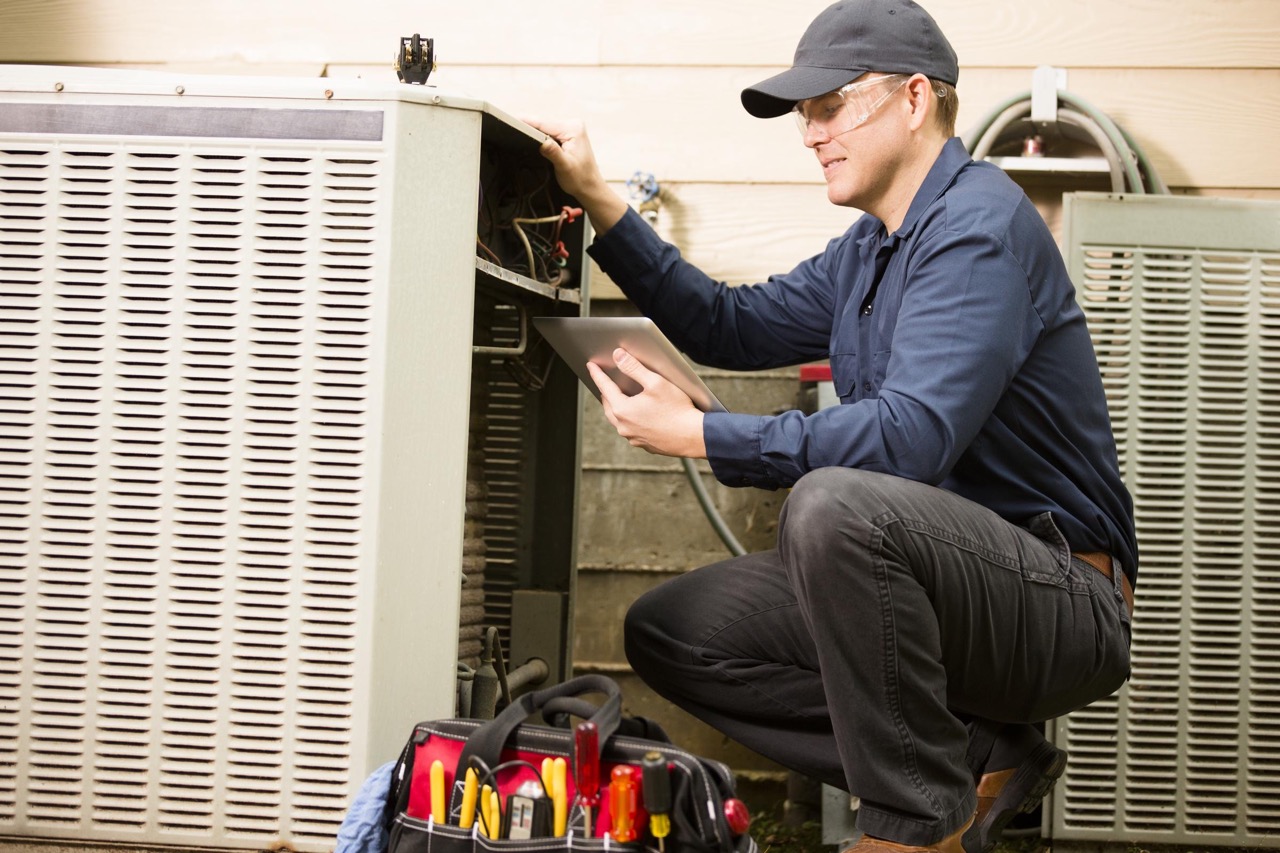
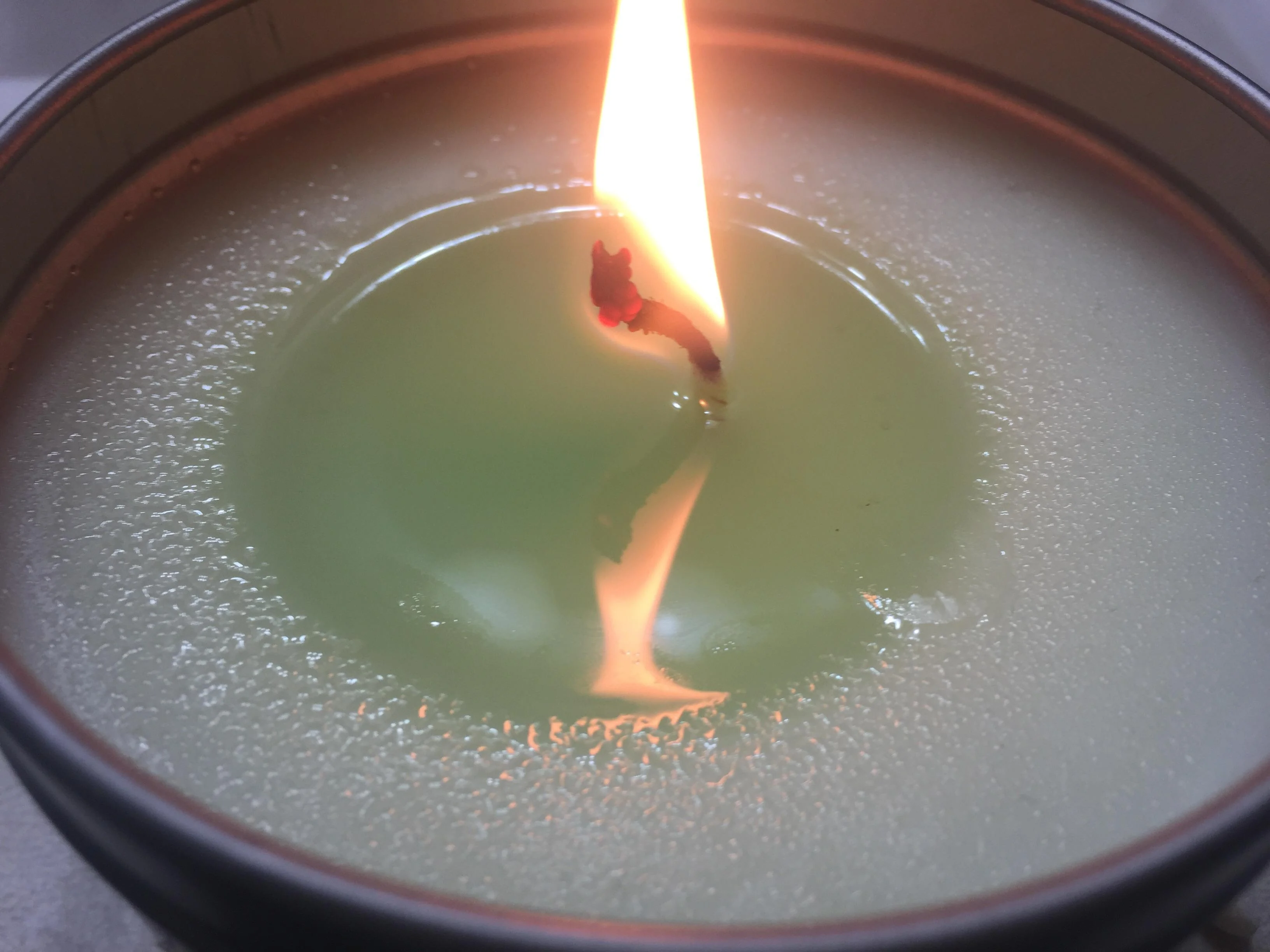
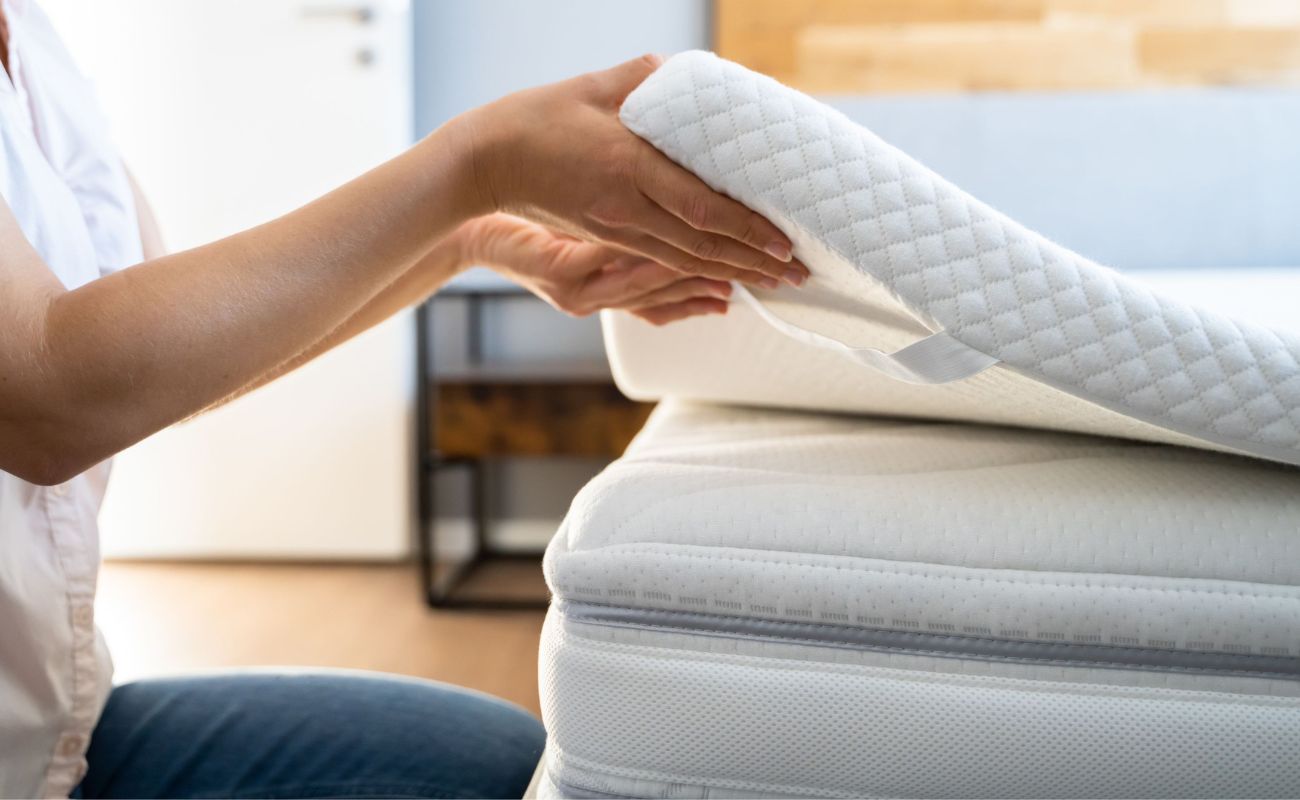

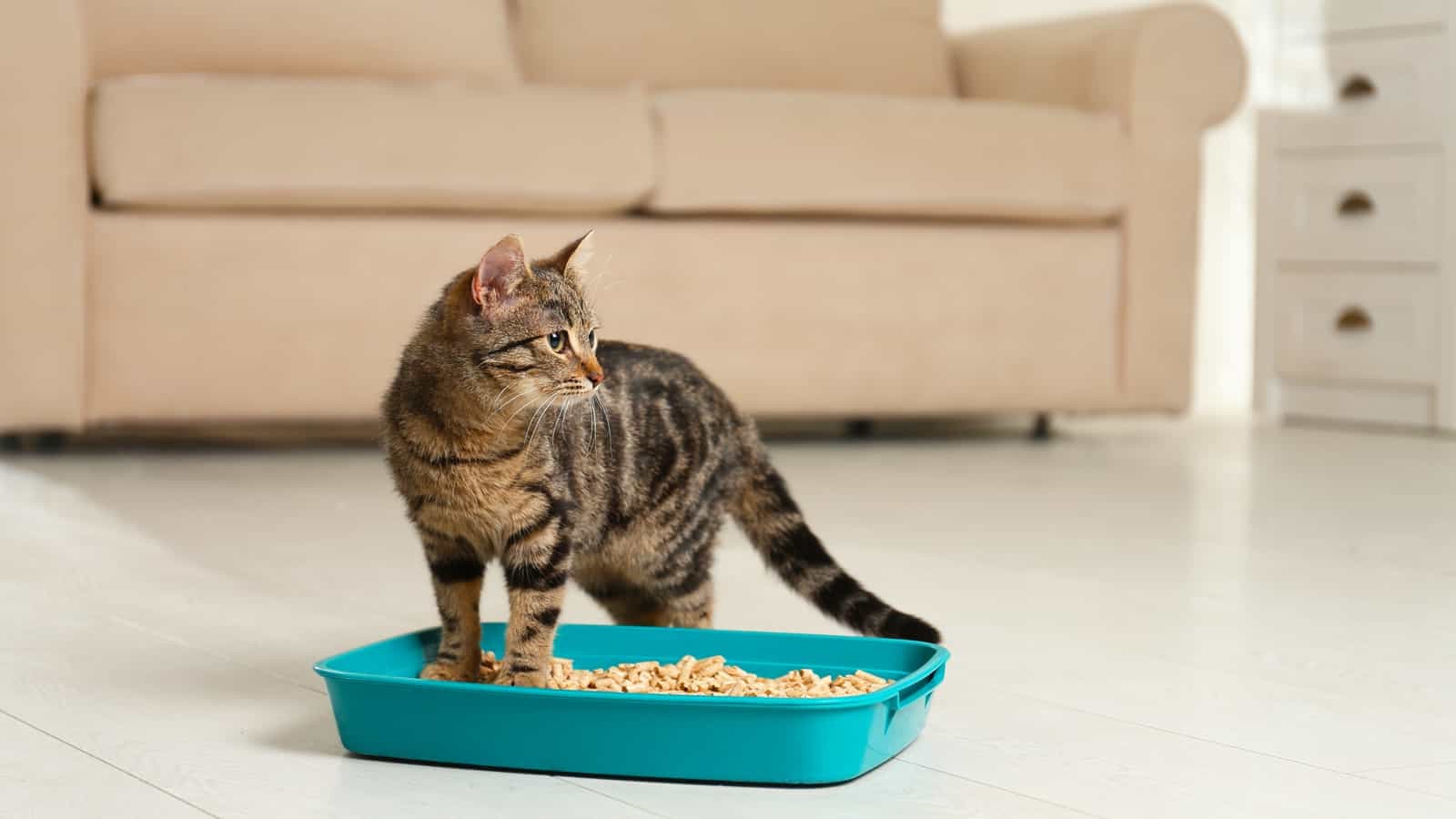
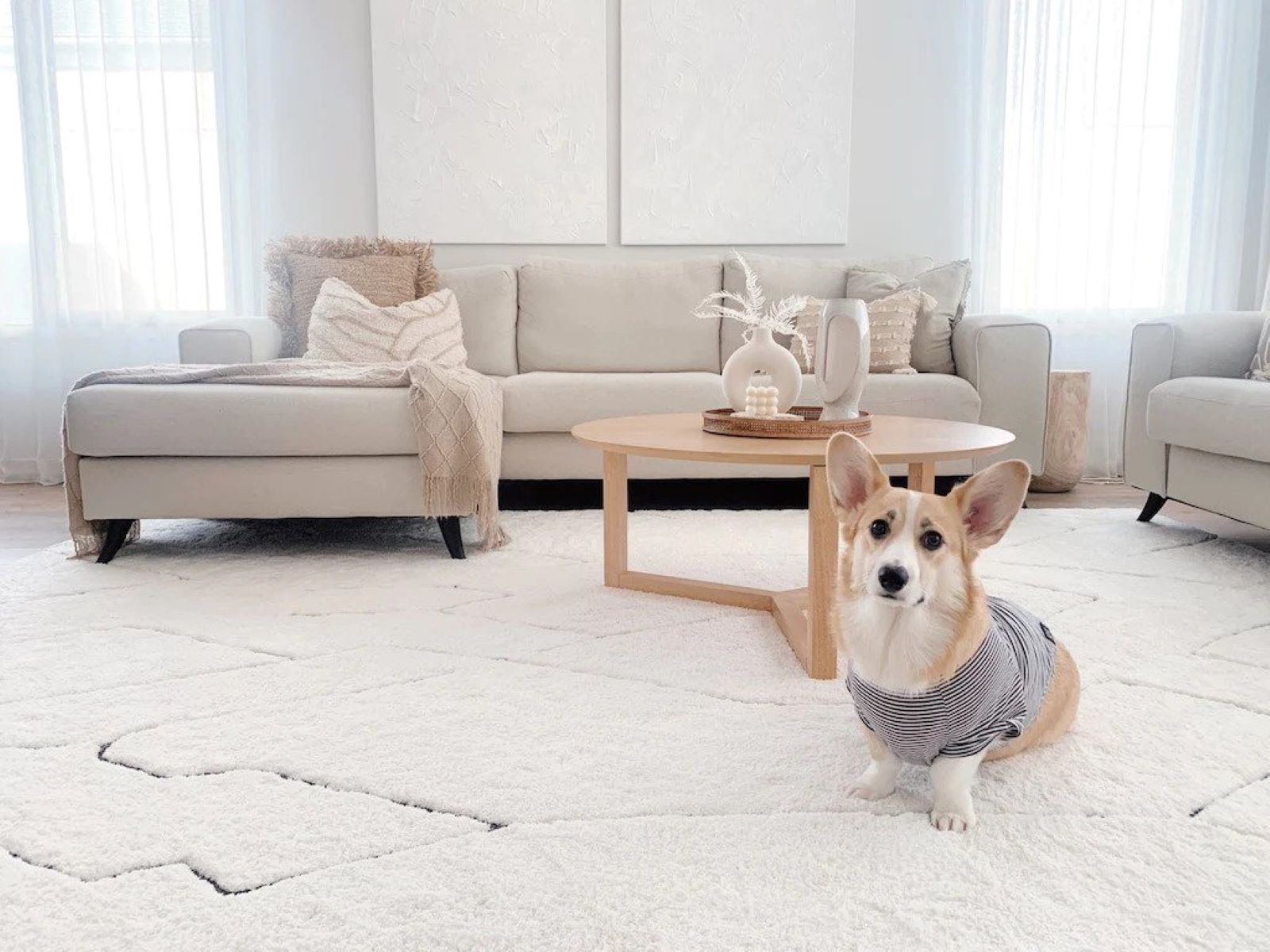
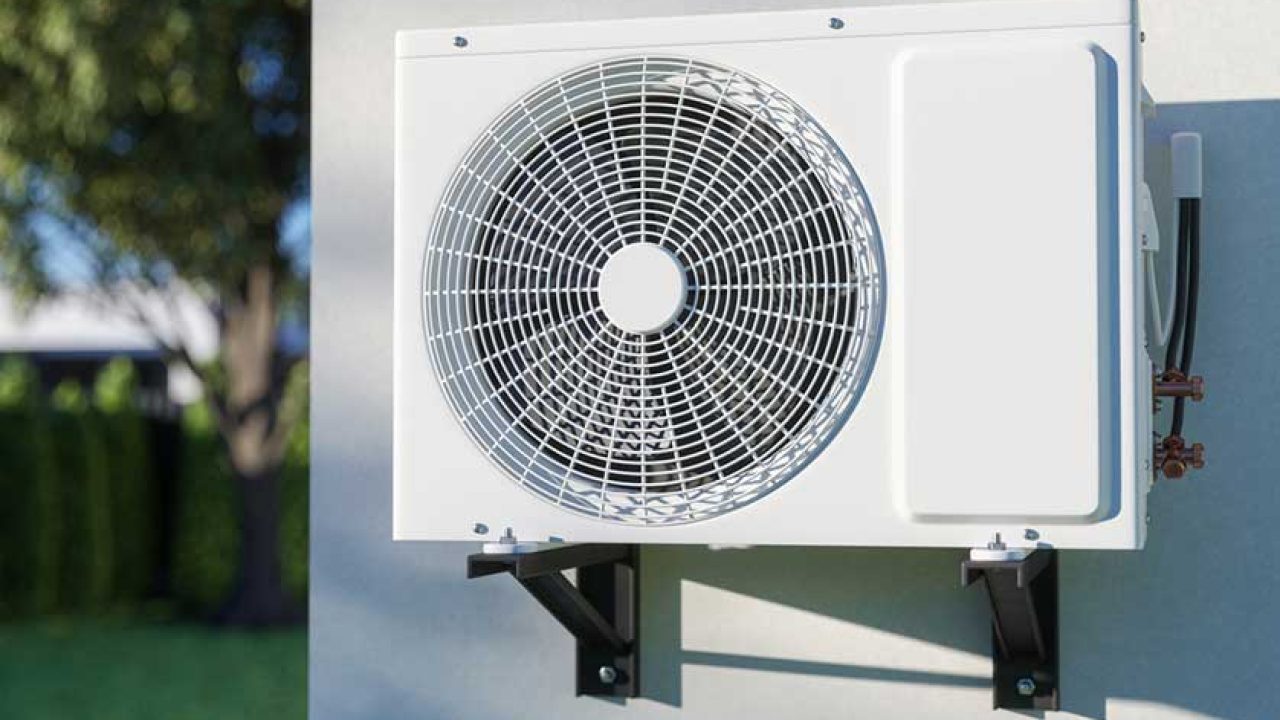

0 thoughts on “How Do I Stop My HVAC From Sweating”